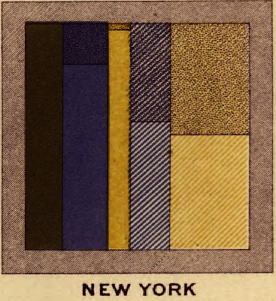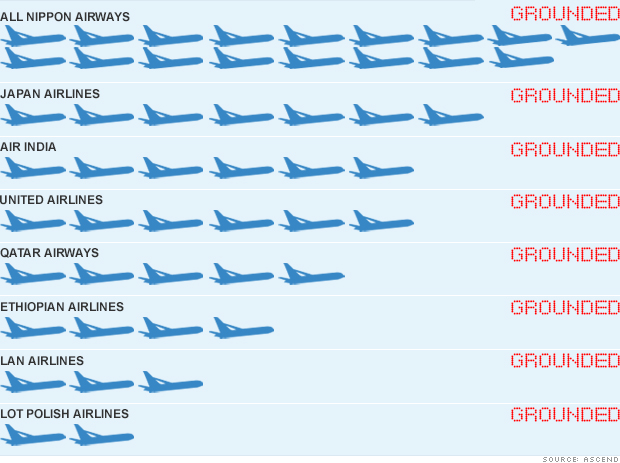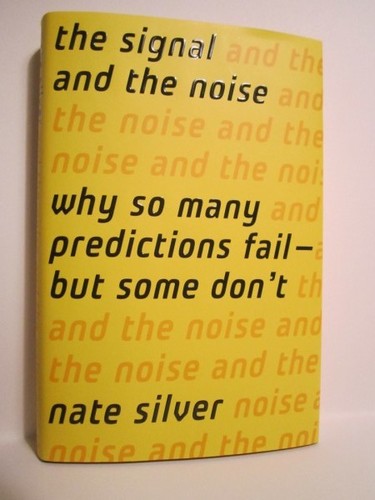The Etch A Sketch and Letting Go in Order to Create
Over the weekend I caught the news that the creator of the legendary Etch A Sketch toy, Andre Cassagnes, passed away at the age of 86. The Etch A Sketch, with its iconic plastic red frame, gray slate 'writing' surface, and its dual white rotating draw wheels was an instant it from its debut in 1959. Over 100 million Etch A Sketches have been sold since, and even in the age of computers, smartphones, tablets, and powerful design applications, the Etch A Sketch still remains popular, with a new batch of 'Sketchies', (I am not sure that is even a term, I might have just made it up), joining the ranks every year.
The singular feature and benefit of the Etch A Sketch is it's impermanence - don't like the way a drawing was turning out, simply stop, shake, and start all over. You'd literally 'wipe the slate clean' and could begin anew. Today that doesn't seem like a big deal, in this modern age of the digital 'undo' and where the marginal cost of saving one more version or taking one more digital image is essentially nothing. Back in the 60s and 70s this was a really big deal - the toy's ability to reset itself and allow the creator to start over without wasting any raw materials was a massive benefit.
But the impermanence of the Etch A Sketch worked the other way as well - if you managed to create something valuable and meaningful with the toy, (admittedly, not that easy to accomplish), you'd be tempted to set the toy down for a while, to show your creation to friends and family, and to make sure NO ONE got too grabby with your creation, lest some inadvertent jostling destroy your art.
Eventually though, you'd be forced to let go in order to continue to play with the Etch A Sketch, for as fantastic the device was, it could only 'hold' one creation at a time. To continue to create, to explore, to perhaps develop something new that could exceed in beauty or cleverness the prior effort, you'd have to bid farewell to the old and set off on creating something new.
It's an interesting dilemma really, one that many of us face today, the desire or tendency to cling too long and too fast to what we've done in the past that can constrain us from looking at today's problems and tomorrow's opportunities with fresh, unclouded eyes.
The Etch A Sketch forced you to let go in order to move forward. That was it's limitation and it's charm.
Have a Great Week!

 Steve
Steve


